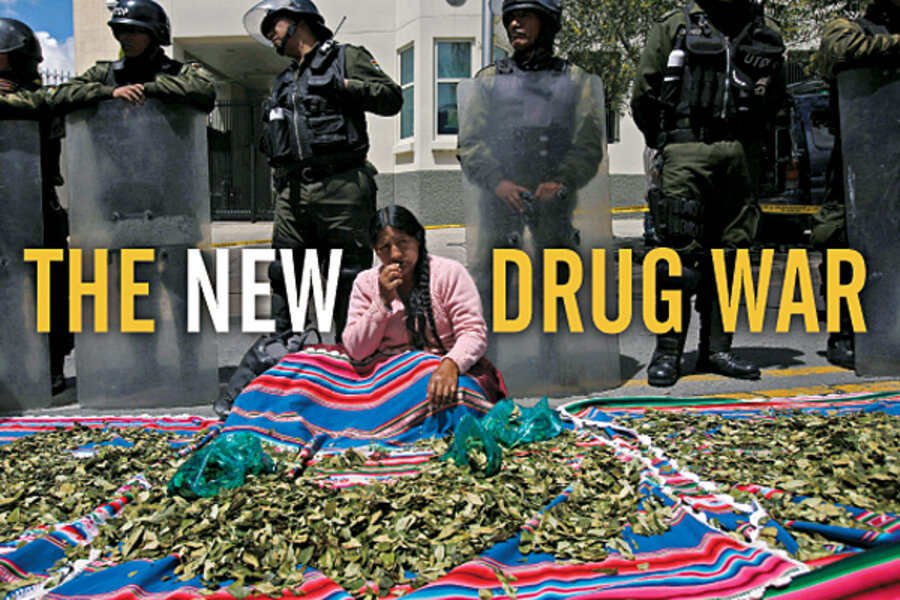“Cardoso, Gaviria, Zedillo Urge Obama to Decriminalize Marijuana” read the Bloomberg News headline today on a new report released by The Latin American Commission on Drugs and Democracy, a group led by former Colombian President Cesar Gaviria, former Mexican President Ernesto Zedillo, and former Brazilian President Fernando Henrique Cardoso, on the future of counternarcotics strategies. The funny thing is the report doesn’t actually say the U.S. should decriminalize marijuana, and its statements on decriminalizing marijuana are only a small section of what is actually a very powerful report. The mainstream media just missed the point.
The main point of the report is to state from a high level what has been obvious to many of us, but which many in power have been unable to admit: that the drug war has failed. The fact that these three former presidents would say this, especially Cesar Gaviria who led the hunt for Pablo Escobar, is significant. The report also calls for the involvement of civil society and public opinion in the formulation of alternative strategies. “The construction of alternatives is a process that requires the participation of a plurality of social actors: law and order institutions, educators, health professionals, spiritual leaders, families, opinion makers, and the media,” the report states. The media’s coverage seems to suggest, though, that any recommendations on alternative strategies are still such a taboo that the media is not ready to serve as a facilitator for new policy ideas.
The report, written by Latin Americans, has an awkward attitude toward recommending policies for the United States and Europe. It does recognize that “the long-term solution for the drug problem is to reduce drastically the demand for drugs in the main consumer countries” and states that Latin Americans should take on the role “to ask them (consumer countries) as partners to design and implement policies leading to an effective reduction in their levels of drug consumption and, as a consequence, in the overall scope of the narcotics criminal activities.” However, the report’s recommendations are actually targeted to Latin American countries. And this is why, when the report recommends that cannabis be decriminalized, it is actually addressing Latin American governments. “To translate this paradigm shift info concrete action, we propose the adoption by Latin American countries of the following initiatives…,” it states.
So how does this report get away with recognizing that the main consumer countries need to change their policies, but then comes up with recommendations for Latin American countries? Here is the beauty of it. It states that “Latin America’s active participation in the global debate would mark its transition from a problem-region to a pioneering-region in the implementation of innovative solutions for the drug problem.” It is saying, lead by example! Latin America has extensive experience with counternarcotics policies and with the results of misguided policies. While Europe and the United States are concerned with other issues, Latin America would be wise to lead the way on developing original thoughts and alternatives to a failed strategy in order to eventually have them emulated by the major consumer countries. This is a unique way to address this issue, which seems to have been stuck in a cyclical debate since at least the 1980s. It brings some hope for solving one of the most troublesome public health issues of our time.

Reply